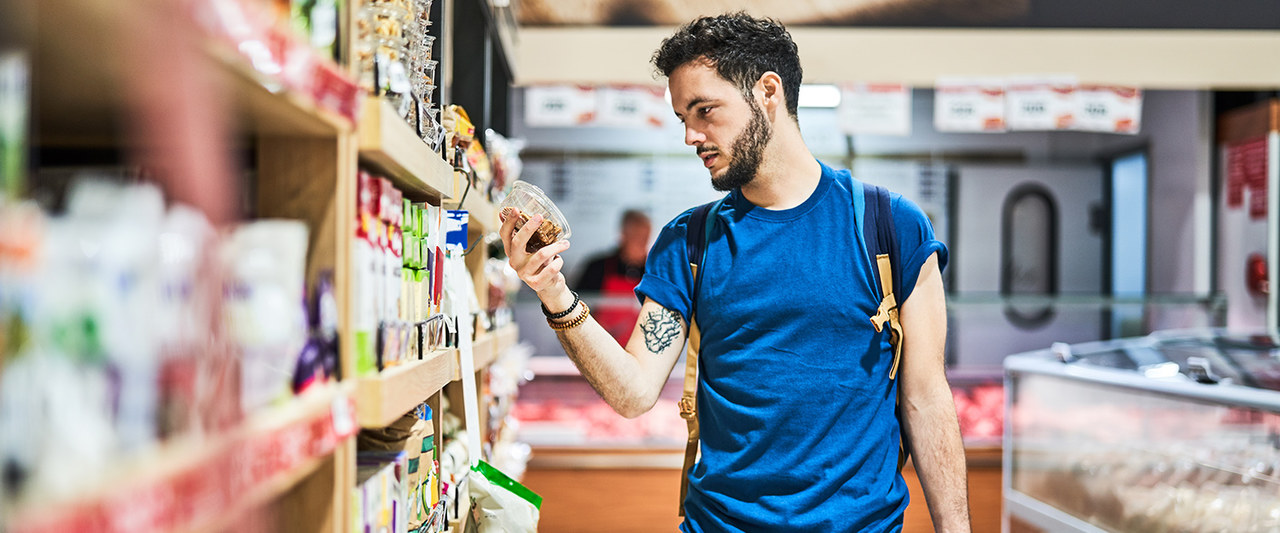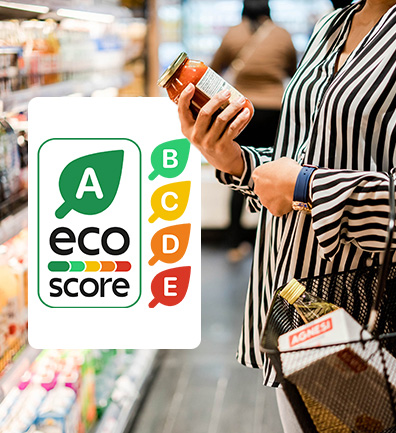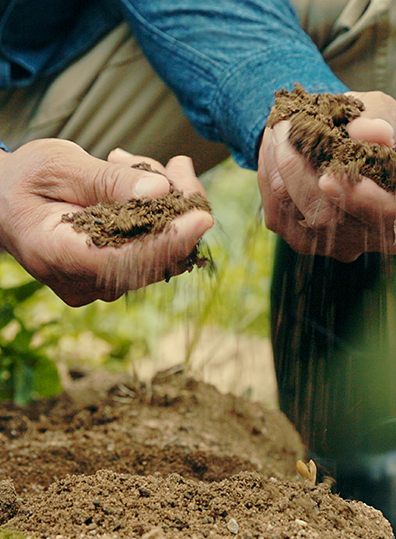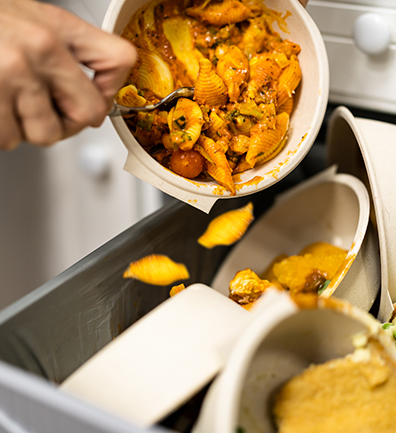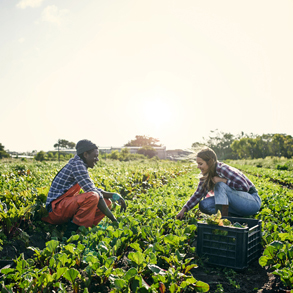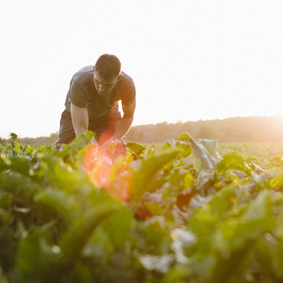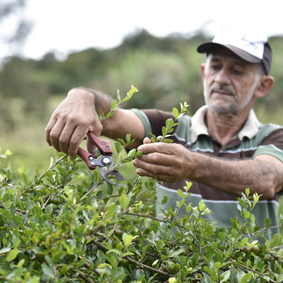Sustainability: Eating in the name of the climate.
Climate change is the top concern globally when considering sustainability, according to Mintel's Sustainability Barometer*. In this context, how can food & beverage brands lessen their impact on the climat, but also better communicate their actions? Eco-scoring, commitment to regenerative agriculture and upcycling are some of the avenues we explore in this article.
We define eco-scoring as methods of displaying front of pack a product’s climate impact (ie carbon footprinting or the calculation of total greenhouse gas emissions resulting from the making of the product). Regenerative agriculture is a type of agriculture that reverses climate change by rebuilding soil organic matter and restoring degraded soil biodiversity.
* Source: Mintel’s Sustainability Barometer 2022


